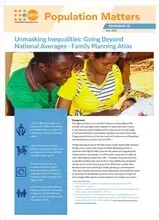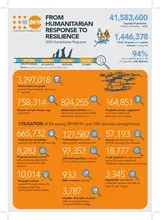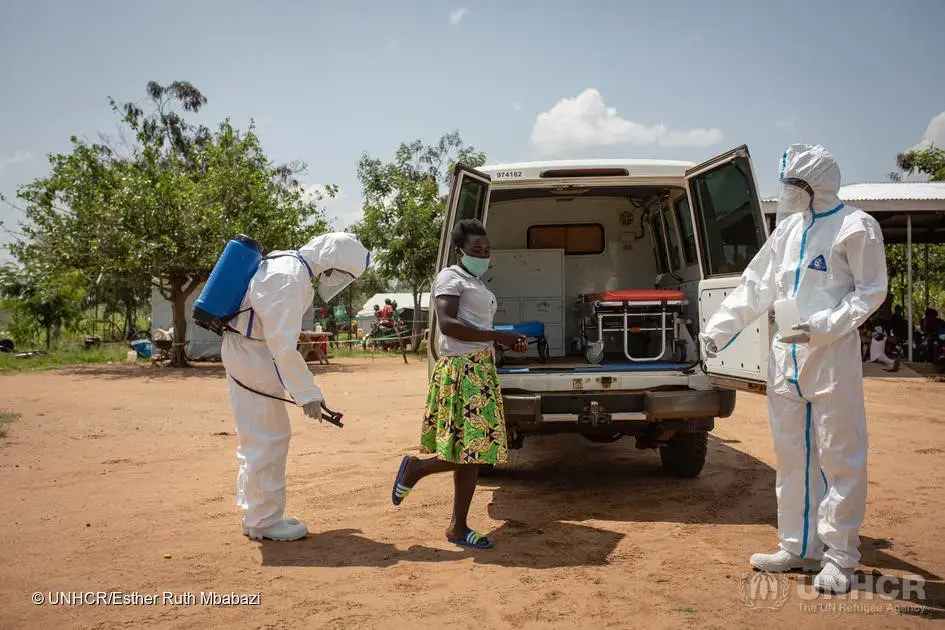“I want a good life, I want to be treated well. I feel bad when I am passing-by someone and they insult me for no reason,” said Sheldrake, a 22-year-old transgender man. “I want to be alive and free,” said Shakira, a 26-year-old sex worker. “I am a single father, I want to see my children growing up,” said Derrick, a bi-sexual, father of 5 children and sex worker. “I feel bad whenever I see Police arresting drug users instead of taking them for rehabilitation,” said Fred, a former drug addict. Sheldrake, Shakira, Derrick, Fred, and several of their colleagues, felt safe to share their inner most fears and dreams with a visiting delegation of Danish Parliamentarians. It is not often that fate brings this opportunity – for them to share their deep seated fears – safe from police crackdown, or of being found out by family and friends. But to them, it felt different when sharing with a stranger; the fact that they would not be judged, especially when the chances of meeting the stranger again are so minimal.
Three Danish Parliamentarians visited Uganda from 12th to 15th September. The Parliamentarians sought to get a deeper insight into the integrated sexual and reproductive health and rights (SRHR) and gender-based violence (GBV) prevention interventions by the Government of Uganda. Among the many places they visited was the STD (Sexually Transmitted Diseases) Clinic - Most-At Risk-Population Initiative (MARPI) located in Mulago, one of the suburbs of Kampala, the capital of Uganda.
Most-at-risk populations is the term often used to describe the group the Parliamentarians met at the Clinic, who by the nature of their work or social life are at high risk of acquiring HIV. These are mostly people who sell sex, those who inject drugs, among other groups.
According to Mr. Alain Sibenaler, the UNFPA Representative, “Most HIV risk behavior that needs to be addressed when working with most-at risk populations is illegal, making it very difficult for them to access services.”
Most of those who attended this meeting are ‘peer educators,’ trained to reach their colleagues with messages to prevent HIV and other sexually transmitted diseases. The STD Clinic - MARPI is their place of safety and where they find social support from peers.

this MARPI clinic.©UNFPA/ Prossy Jonker Nakanjako
The peer educators reach out to their colleagues at places of work – mainly lodges. “We share information on safe sex, we distribute free condoms, we provide information on family planning, as well as make referrals for HIV testing at the STD Clinic,” said one of the sex workers, commonly known by her nickname, Twiggie.
“This Clinic is recognized by Ministry of Health as a Model Clinic,” said Dr. Peter Kyambadde, the in-charge. “We started this clinic to address the issues of sex workers, later we added people who use drugs, and then others.”
The clinic is open to the general public. According to the records, it started as a model in 2008 and has served close to 500,000 clients since it opened. “We have 1,000 clients currently active on HIV treatment,” said Dr. Kyambadde.
The Mulago STD Clinic - MARPI is aligned to public health service provision guidelines in Uganda. Regional hubs following the Mulago MARPI clinic model have been set up in six Regional Referral Hospitals to provide similar services, with guidance from the Ministry of Health. Over the years the STD Clinic – MARPI model has received support from several partners including UNFPA.
Compiled by Prossy Jonker Nakanjako





